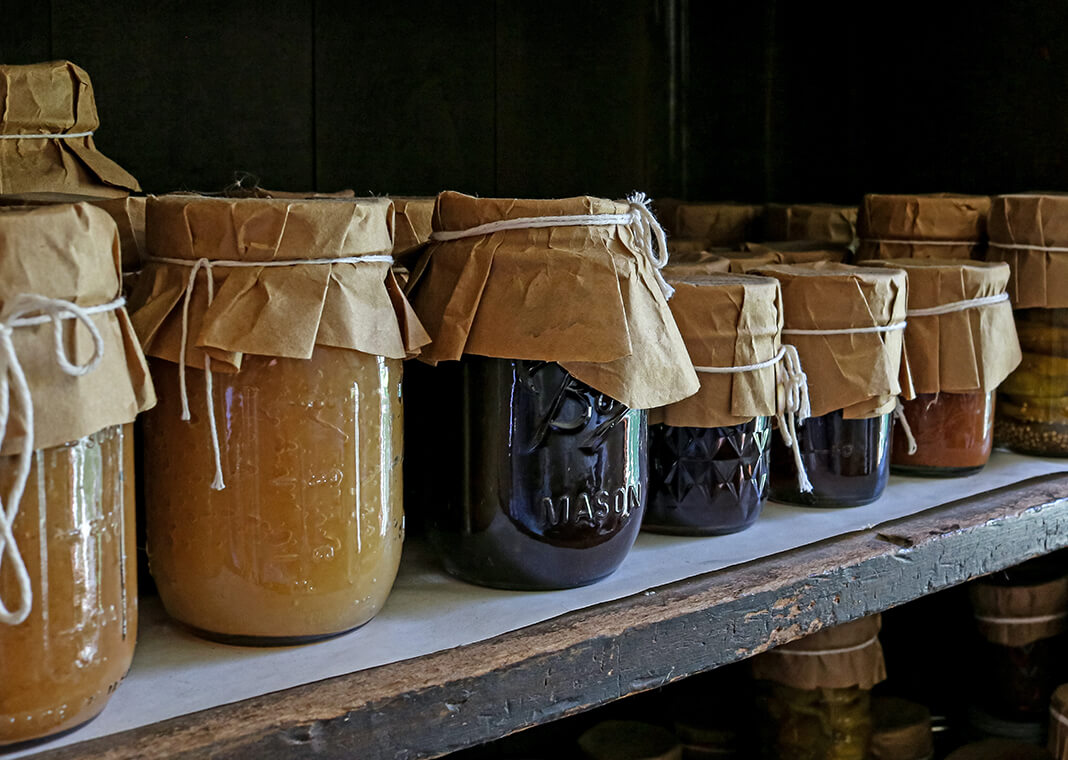I was a city kid until I moved to rural Vermont in 1979, which is still home to more trees than people. The northeast corner of Vermont is known for its exquisite fall foliage. People from all over the world come to enjoy the rich reds and yellows and oranges of the leaves, the bright blue sky and the fresh, fresh air. The morning drive to work on country roads was pure joy.
Why wasn’t everyone else as happy as me? They liked to talk about their gardens and canned and freeze the ripening vegetables and fruits. They were proud of their work and loved to watch the shelves fill with the beautiful glasses. But satisfaction was not synonymous with joy. They might have enjoyed picking apples, making cider, and freezing pie fillings with their kids, but why weren’t they happy? Why did I feel fear? It took me a few more years to watch the seasons change to understand that what I was feeling was what I now call the “Autumn Panic”. School starts before summer is over, the leaves change color and the animals – including people – feel the urge to prepare for winter. It comes and comes faster than our wishes or refusals allow.
Today I watch children go to school, the leaves turn color and I cook applesauce and jam for those icy winter mornings when a touch of summer softens the cold with good memories and delicious flavors. I wonder if St. Ignatius would ever hang out in the castle kitchen as a kid when the cooks did the same. I suspect he did, and with his charm, the chefs were sure to give him extra goodies with bread and jam.
I’ve been in my own fall panic for the past few months as I mentally and emotionally get used to the end of Note 19. I was restless, anxious, wanted a degree and longed for trust. I have continued with the usual prayer practice of the past year and was confused. I had hoped to keep the momentum in the retreat and prayed to be brought deeper into the heart of Christ. But fear was a constant companion telling me it was impossible to keep that momentum going, and I was old enough to realize it.
My spiritual director suggested Br. Timothy Gallagher’s The Discernment of Spirits. After a few pages I knew that Ignatius was helping me again and offering me instructions for my life after the exercises. His 14 rules of discernment, written 500 years ago, named and then took me out of spiritual desolation to understand what has happened in my life, all of my life. I was encouraged to understand that consolation ultimately follows desolation. Just as we prepare for other challenges in the course of our lives, we can prepare for the challenges of our spiritual life.
Ignatius calls our greatest challenge “the enemy” who has dedicated himself to our spiritual destruction. The enemy wants us to be isolated, but we know we have Ignatius and centuries of devoted, faithful companions guided by his wisdom. The enemy is smart enough to outsmart us. He is a skilled, vicious liar whose deception can distort anyone’s path of faith. Yet his compelling illusion of power and knowledge disappears when we reach a spiritually wise person in our lives. The enemy works to confuse us and convince us that we are alone when right next to us is the Lord of mercy and the Father who loves us completely. When we understand this and ask for help, the wisdom and grace of the spirit will turn off the enemy.
My joy came when I understood that we can prepare for the next attack and not have to fear it. Prayer, God’s grace, and honest self-reflection set us free and help us work on our defenses. We are not helpless. We have what we need.
I would love to hug Ignatius now – and some bread and homemade jam.
Photo by Dale Jackson from Pexels.


